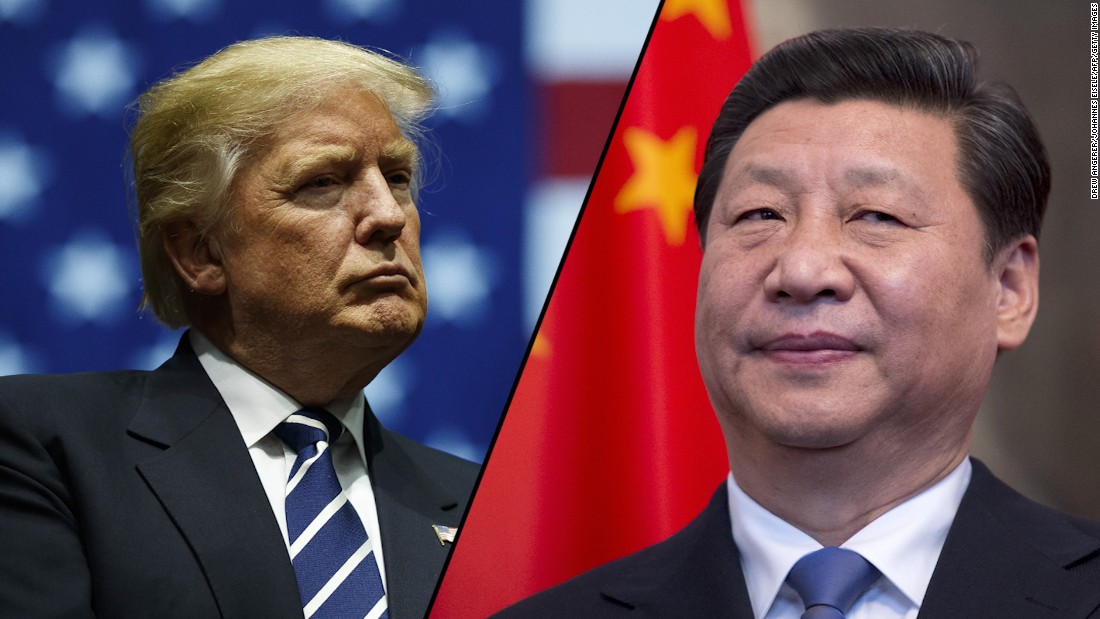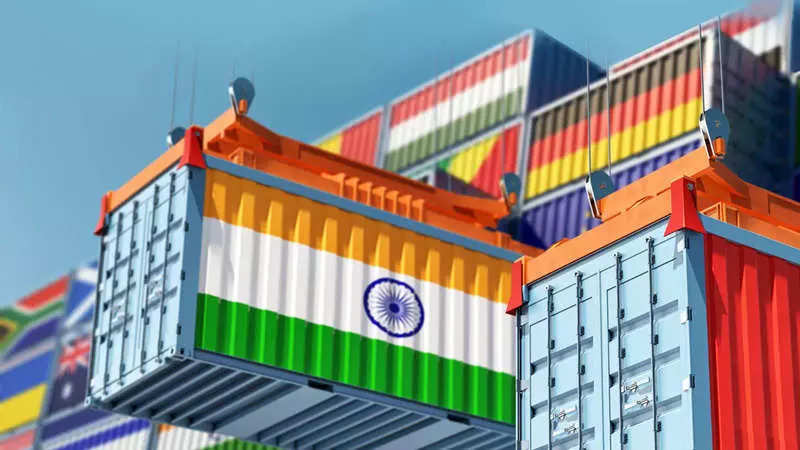<!-- wp:image {"id":23686,"sizeSlug":"large"} -->
<!-- /wp:image --><!-- wp:paragraph -->
With deliveries getting going once again, but now supported by physical stores, is the way India shops going to change?
<!-- /wp:paragraph --><!-- wp:paragraph -->
There will be several societal and behavioural changes in the next few years that we will all be able to ascribe to the impact of the Coronavirus pandemic. A global phenomenon of wearing masks might take off beyond East Asia where it had normalised after the SARS pandemic. Personal hygiene changes will almost certainly become a norm. Everybody will wash hands more often and carrying a small personal hand-sanitiser will become a must. But what about shopping? With major outlets closed, traditional retail has taken a hit across the world, one, which coupled with the rise of online commerce, might make it difficult for the industry to recover. But some of the changes in online commerce, especially in India in Corona times, are noteworthy. One is the support that some online chains, from Amazon to Zomato, are getting from the public authorities in deliveries, especially to quarantined zones. The other major change is the way the delivery services are working. Small kirana outlets are making local area deliveries of bread, milk and eggs as well as fresh produce like fruits and vegetables. While some parts of major cities have decent access to provisions despite the lockdown, the fact that certain hotspots are being sealed as well as the news that the lockdown might continue for several more days mean that such deliveries are becoming even more vital. In times of restricted customer mobility, a smooth functioning of such platforms can help serve high demands. But for that, it is essential for them to remain automated and mechanised, they need to ensure adequate sanitisation of personnel and products and strive to drive innovation in the last mile. These new models, which marketing experts would describe as “competitive collaboration,” might be the way forward for the growth of e-commerce in India. This is because social and physical distancing might also become a norm across huge swathes of the nation.
<!-- /wp:paragraph --><!-- wp:paragraph -->
Of course, it is too early to predict when the nationwide lockdown will be completely lifted; it may be a month before some areas of the country are opened up. It is also impossible to predict which business models will survive the lockdown. Business as usual, as this paper has noted in the past, is over. That is also going to be the case with e-commerce. But will this collaborative model be the best way out of the lockdown rut for e-commerce companies? One will have to wait and watch.
<!-- /wp:paragraph --><!-- wp:paragraph -->
(Courtesy: The Pioneer)
<!-- /wp:paragraph -->








 OpinionExpress.In
OpinionExpress.In















Comments (0)